52 ideas that changed the world - 51. Islam
Followers of the religion make up a quarter of the global population
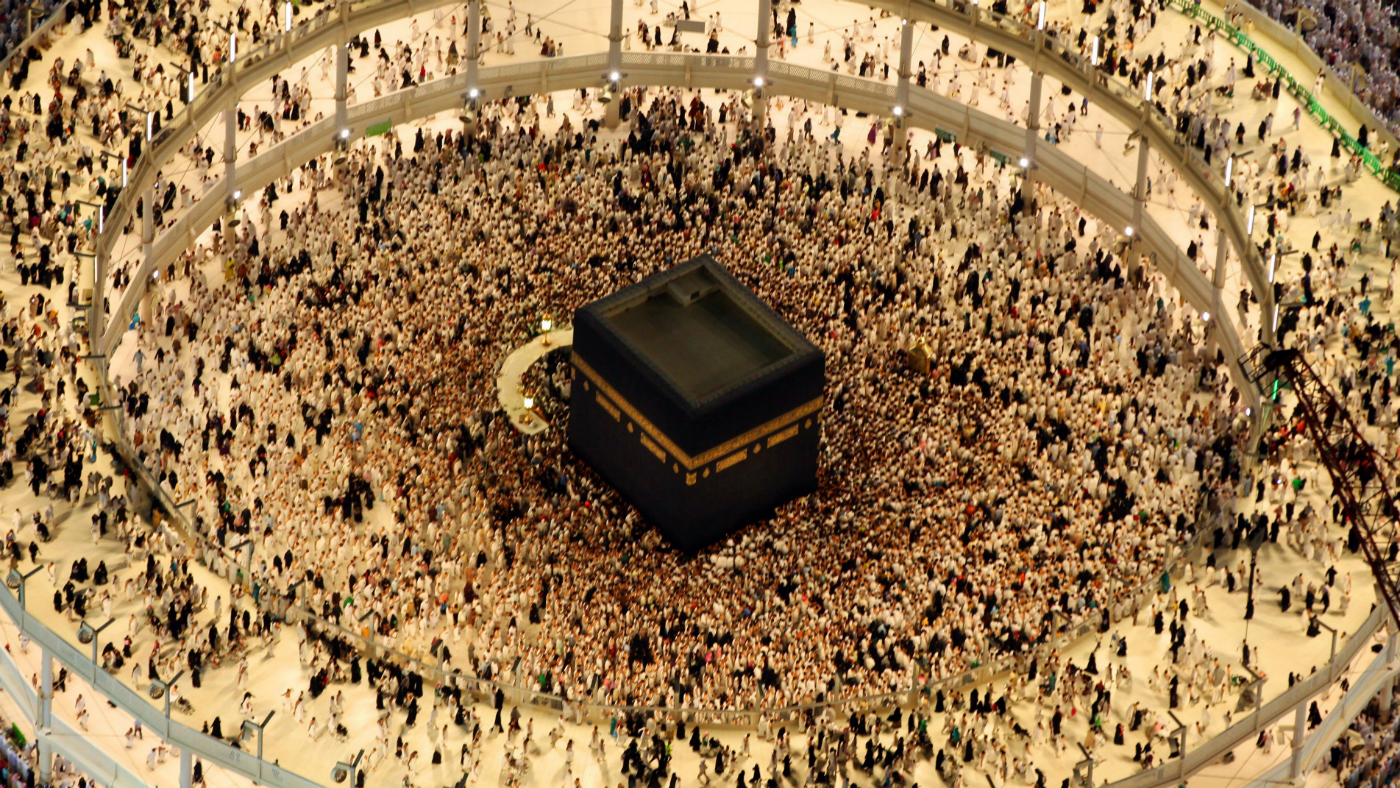
A free daily email with the biggest news stories of the day – and the best features from TheWeek.com
You are now subscribed
Your newsletter sign-up was successful
In this series, The Week looks at the ideas and innovations that permanently changed the way we see the world. This week, the spotlight is on Islam:
Islam in 60 seconds
Islam is an Abrahamic religion which teaches that there is only one God (Allah) and that the Prophet Mohammed is God’s messenger.
The Week
Escape your echo chamber. Get the facts behind the news, plus analysis from multiple perspectives.

Sign up for The Week's Free Newsletters
From our morning news briefing to a weekly Good News Newsletter, get the best of The Week delivered directly to your inbox.
From our morning news briefing to a weekly Good News Newsletter, get the best of The Week delivered directly to your inbox.
It is the second largest religion in the world by followers, with 1.8 billion Muslims worldwide - nearly a quarter (24.1%) of the total global population, according to the Pew Research Center.
The fundamental principle of Islam is that its followers submit to the will of Allah - the word “Islam” means “submission” to the word of God. Allah’s will is made known through the sacred scriptures, the Koran, which Allah revealed to Mohammed.
Muslims worship in mosques and worship Islam by praying and reciting the Koran.
Ramadan, the ninth month of the Islamic calendar, is observed by Muslims worldwide as a time of fasting, prayer, reflection and community. During the month, Muslims do not eat or drink between dawn and sunset, in order to devote themselves to their faith and come closer to Allah, says the BBC.
A free daily email with the biggest news stories of the day – and the best features from TheWeek.com
Eid al-Fitr - the Festival of the Breaking of the Fast - is a special festival that marks the end of Ramadan, and starts when the first sight of the new moon is seen in the sky at the end of the month.
How did it develop?
Mohammed was born in Mecca, Saudi Arabia, in around AD570. Muslims believe that in around AD610, an angel visited him and recited to him the word of Allah.
In about 613, Mohammed began preaching the word of Allah around Mecca, teaching that there was no other God and that life should be lived in complete submission to the will of Allah.
In 622, Mohammed left Mecca for Medina, on a journey known as the Hijra - the event that marks the beginning of year 1 in the Muslim calendar, says History World.
Mohammed continued to preach based on the initial visitation by the archangel Gabriel and on other revelations that followed throughout his lifetime. Where he met resistance to his ideas, Mohammed and his allies overcame those who opposed him - sometimes through military means, according to Biography.com.
By 630, most of the Meccan population had converted to Islam. When Mohammed died, in 632, he was buried at al-Masjid an-Nabawi (the Mosque of the Prophet), one of the first mosques that he built in Medina.
Despite his death, Islam continued to spread quickly. “A series of leaders, known as caliphs, became successors to Mohammed. This system of leadership, which was run by a Muslim ruler, became known as a caliphate,” says the Sky History channel website.
During the reign of the first four caliphs, Muslims took over large portions of the Middle East, including Syria, Palestine, Iran and Iraq. Islam also reached Europe, Africa, and Asia.
The caliphate system eventually evolved into the Ottoman Empire, which was inspired and sustained by Islam and Islamic institutions. The empire controlled large regions in the Middle East from about 1517 until 1917, when the First World War ended the, by then declining, Ottoman reign.
However, Islam went through a period of reform and revival in the colonial period, with many states ultimately achieving political independence with a Muslim identity “that they interpreted in various ways and implemented within such domains as law, education, and moral conduct”, say Encyclopaedia Brittanica.
But the relationship between the state and Islam was the source of tension in many countries, and remains so today.
In the late part of the 20th century, many Arab countries saw a rise in Islamism - the belief that Islam should guide social and political as well as personal life.
This political form of Islam saw “many Arab states transformed into secular military dictatorships, [with] social movements of all ideological stripes largely repressed”, says Al Jazeera.
“The challenges that the latest iteration of Islamist activism faces are the same ones that confront political parties of all ideological stripes,” the news site adds.
“Namely, how to ensure that governments represent the interests of the majority of their citizens at a time when more people face the dangers of vast economic inequality and lack basic rights of freedom and security than at any other time in the recent past.”
–––––––––––––––––––––––––––––––For a round-up of the most important stories from around the world - and a concise, refreshing and balanced take on the week’s news agenda - try The Week magazine. Start your trial subscription today –––––––––––––––––––––––––––––––
How did it change the world?
People from the Islamic world have had a significant impact on the cultural, scientific, technological, academic and philosophical world as we know it today.
“From coffee to cheques and the three-course meal, the Muslim world has given us many innovations that we take for granted in daily life,” according to The Independent.
Muslim inventions are currently being used in the fight against the Covid-19 coronavirus. Everything from soap and medical alcohol to the concept of quarantine originate from Muslim societies, says the Urban Muslimz news site.
Muslim doctors also invented the idea of hospitals, in accordance with Mohammed’s teachings that “God never inflicts a disease unless He makes a cure for it”, and that “God has sent down the disease and the cure, and He has appointed a cure for every disease, so treat yourselves medically”.
The Muslim world has a significant impact on international relations and diplomacy too, with some of the most influential and wealthiest countries in the world run by Muslim leaders under Islamic law.
For example, Qatar - a majority Muslim country, with Islam as the state religion - has the highest gross national income (GNI) per capita in the world, beating its nearest rival by more than $20,000, reports USA Today.
-
 How the FCC’s ‘equal time’ rule works
How the FCC’s ‘equal time’ rule worksIn the Spotlight The law is at the heart of the Colbert-CBS conflict
-
 What is the endgame in the DHS shutdown?
What is the endgame in the DHS shutdown?Today’s Big Question Democrats want to rein in ICE’s immigration crackdown
-
 ‘Poor time management isn’t just an inconvenience’
‘Poor time management isn’t just an inconvenience’Instant Opinion Opinion, comment and editorials of the day
-
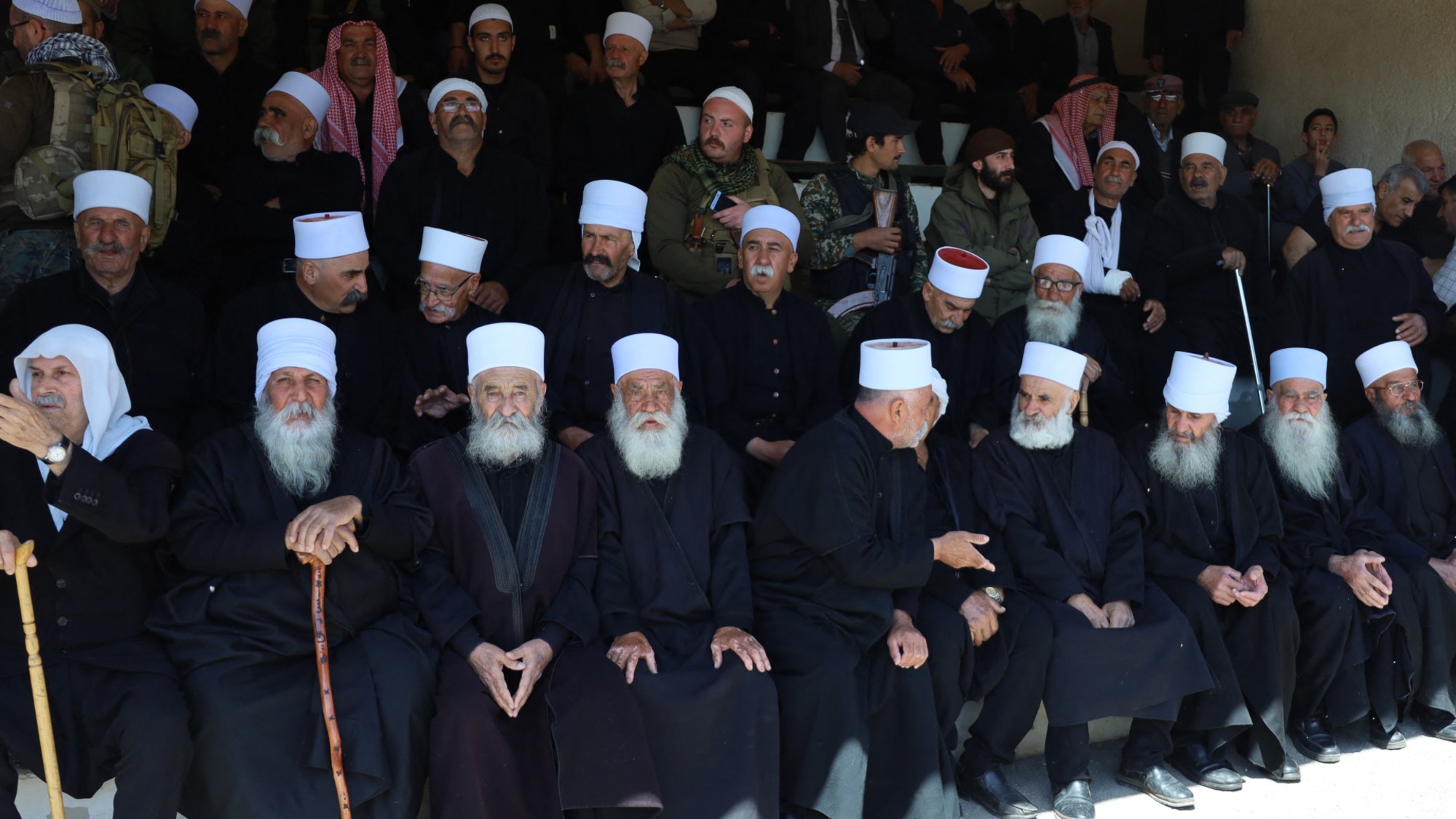 Syria's Druze sect: caught in the middle of Israeli tensions
Syria's Druze sect: caught in the middle of Israeli tensionsThe Explainer Israel has used attacks on religious minority by forces loyal to Syria's new government to justify strikes across the border
-
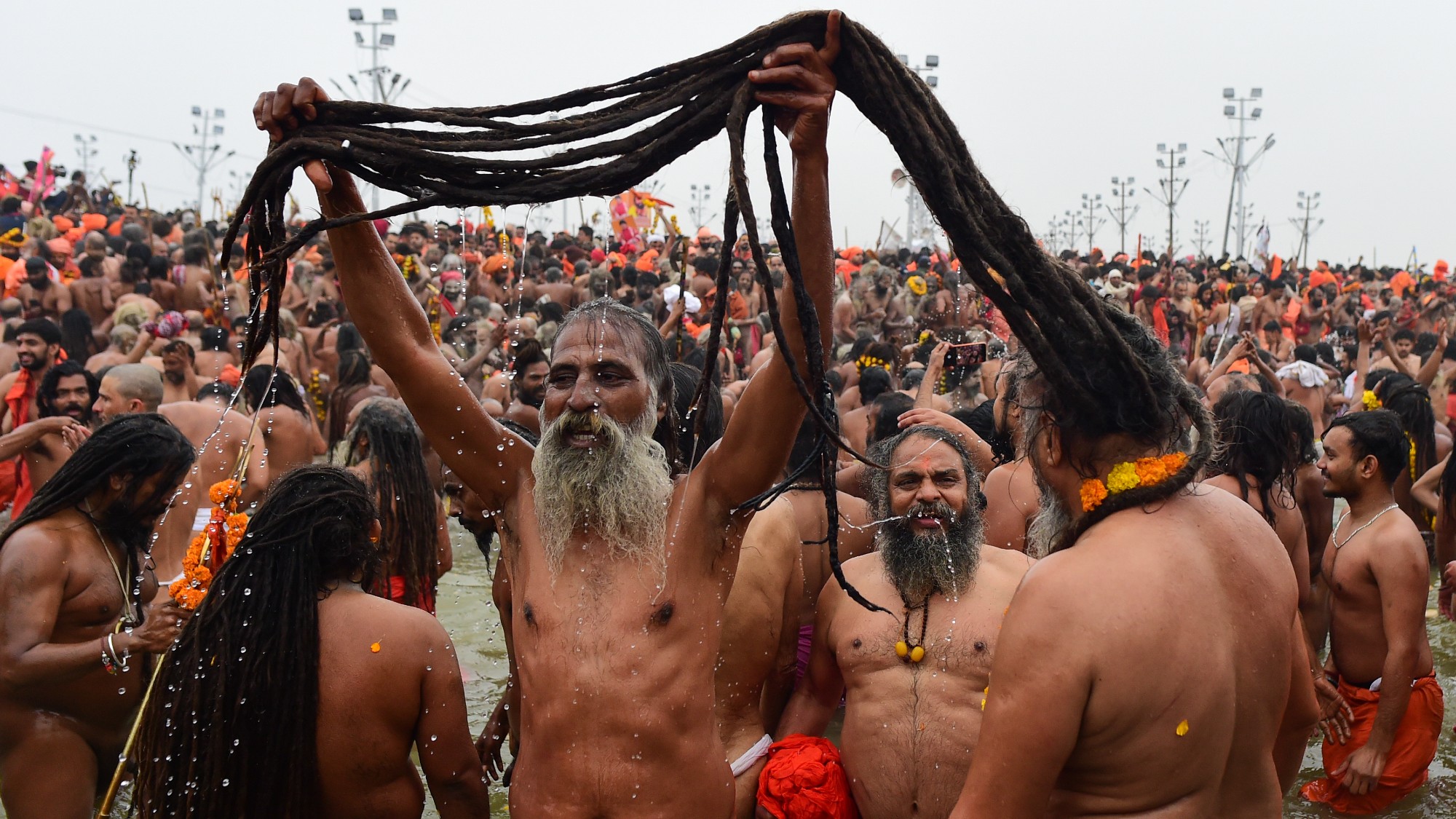 Maha Kumbh Mela: world's largest religious festival gets under way in India
Maha Kumbh Mela: world's largest religious festival gets under way in IndiaIn The Spotlight Politics of Hindu nationalism has cast a shadow over event touted as biggest ever gathering of humanity
-
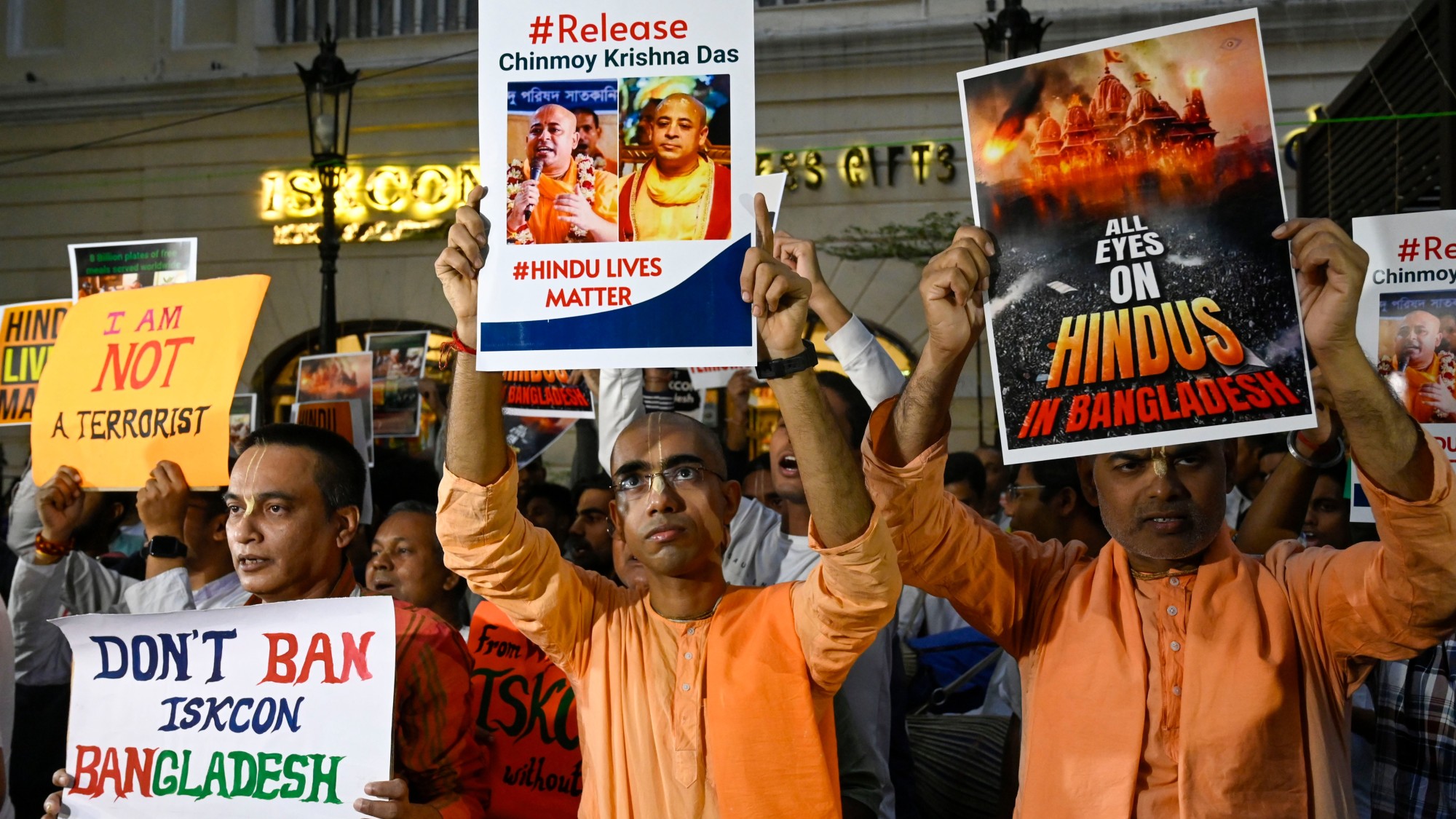 Why India is concerned at Bangladesh's 'Hinduphobia'
Why India is concerned at Bangladesh's 'Hinduphobia'The Explainer Arrest of monk Chinmoy Krishna Das stokes safety concerns for Hindu minority in Bangladesh
-
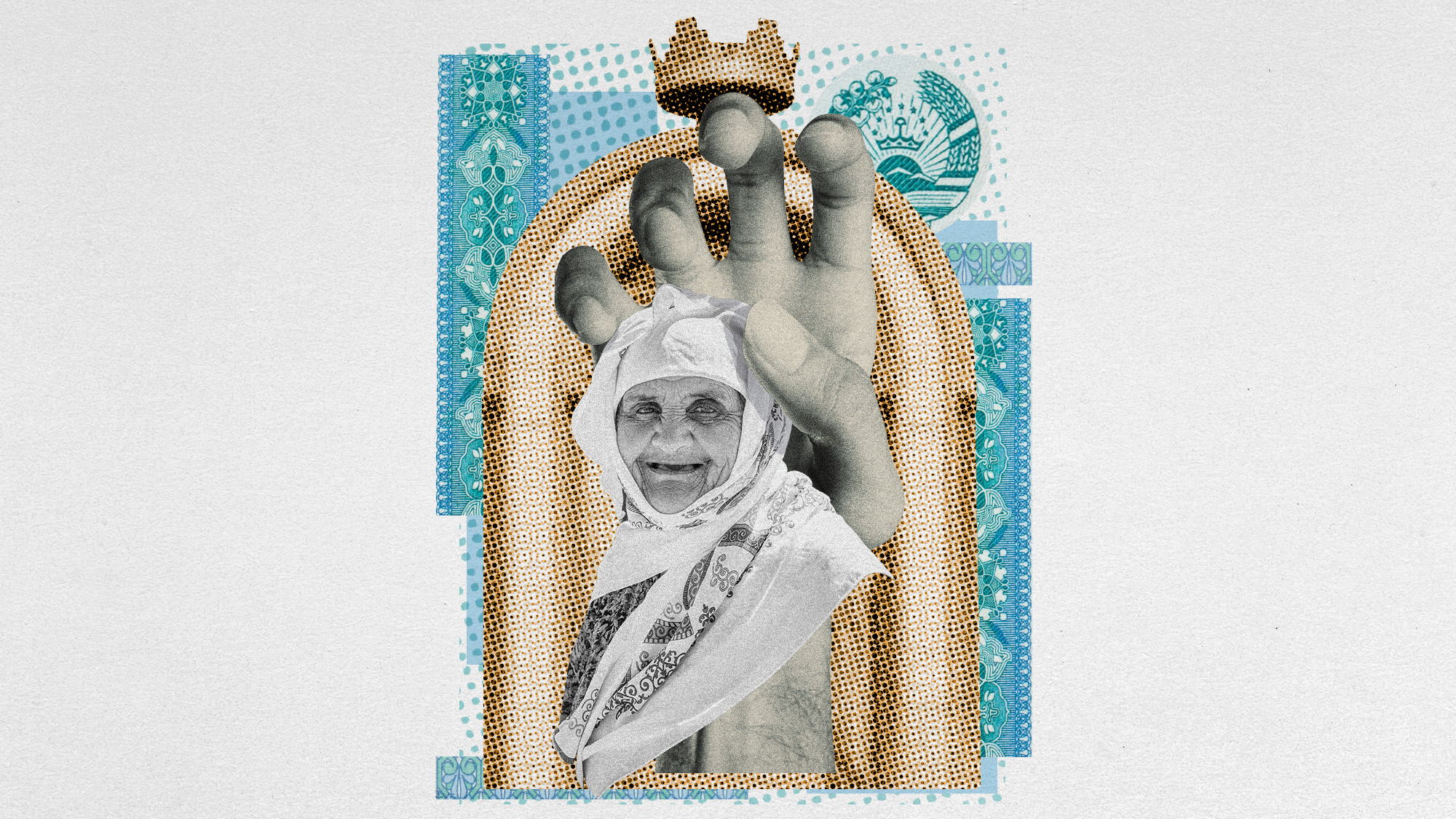 The 95% Muslim country that has banned the hijab
The 95% Muslim country that has banned the hijabUnder The Radar Outlawing the headscarf is the latest chapter in Tajikistan's clampdown on Islamic culture
-
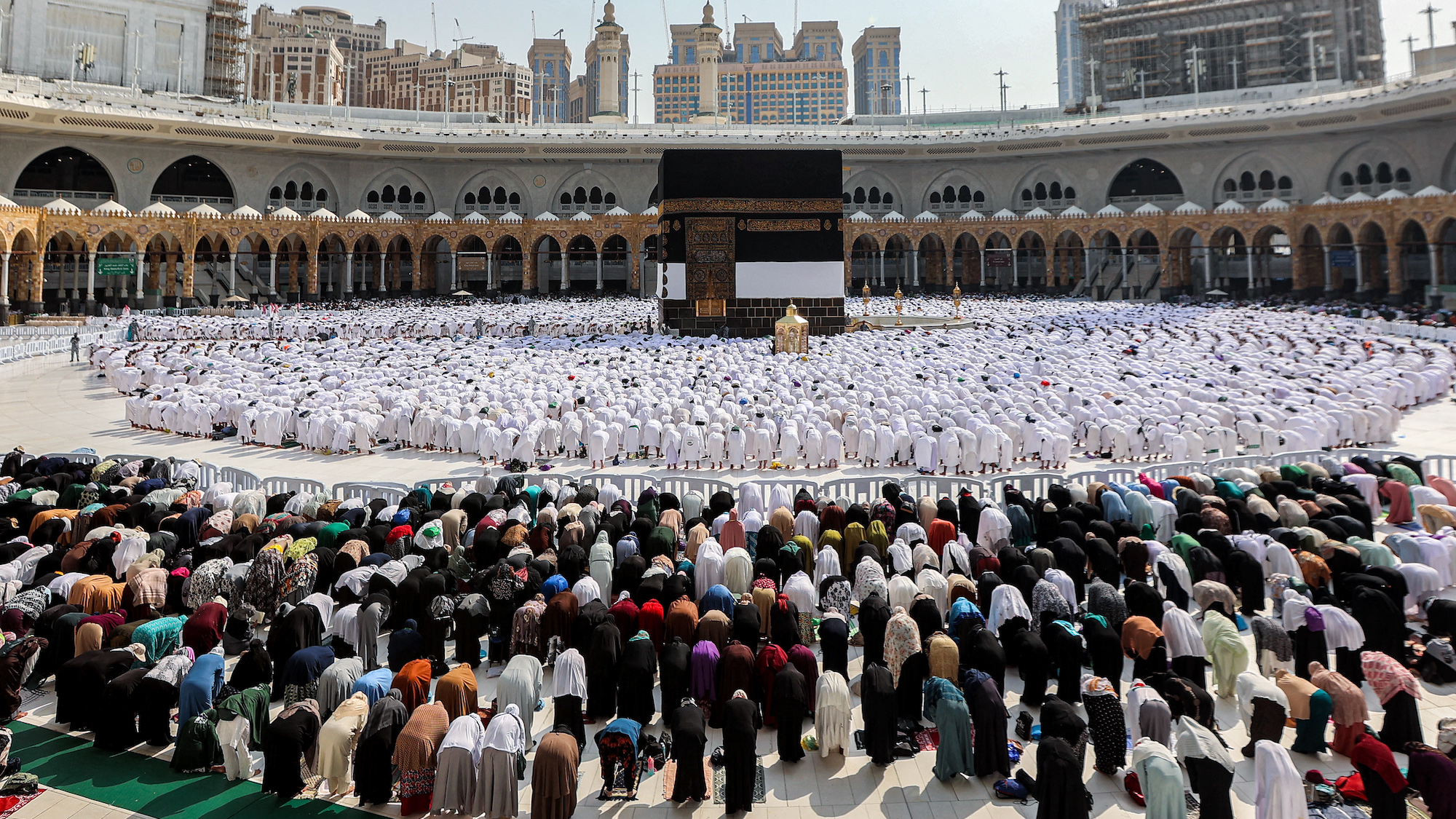 The unauthorised pilgrims sneaking into Mecca
The unauthorised pilgrims sneaking into MeccaIn the Spotlight Saudi authorities are warning of heavy fines for those caught travelling to the holy city this month without a permit
-
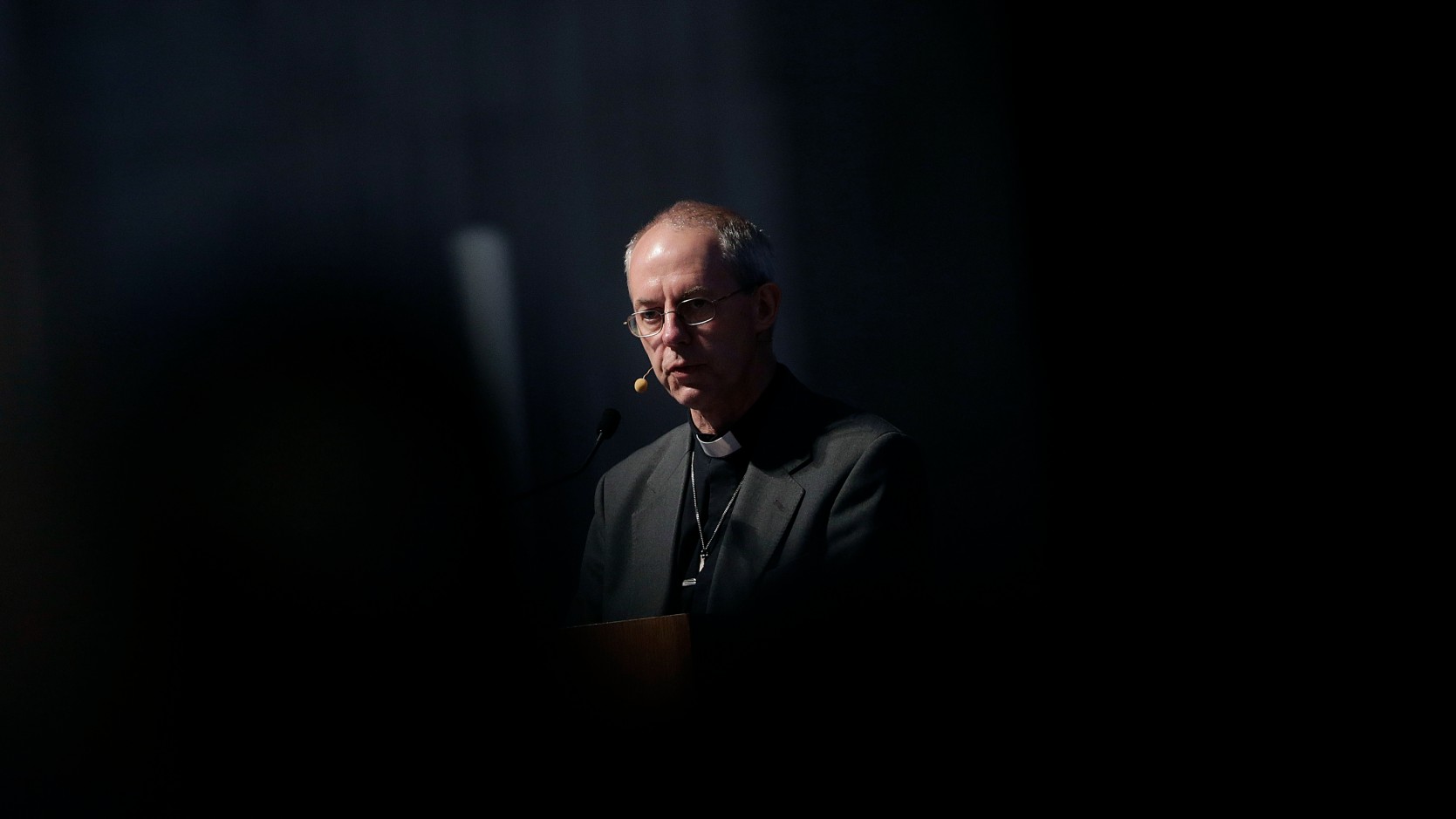 What does the rise in non-Christians mean for the Church of England?
What does the rise in non-Christians mean for the Church of England?Today's Big Question Latest census reveals England and Wales now minority Christian countries for first time
-
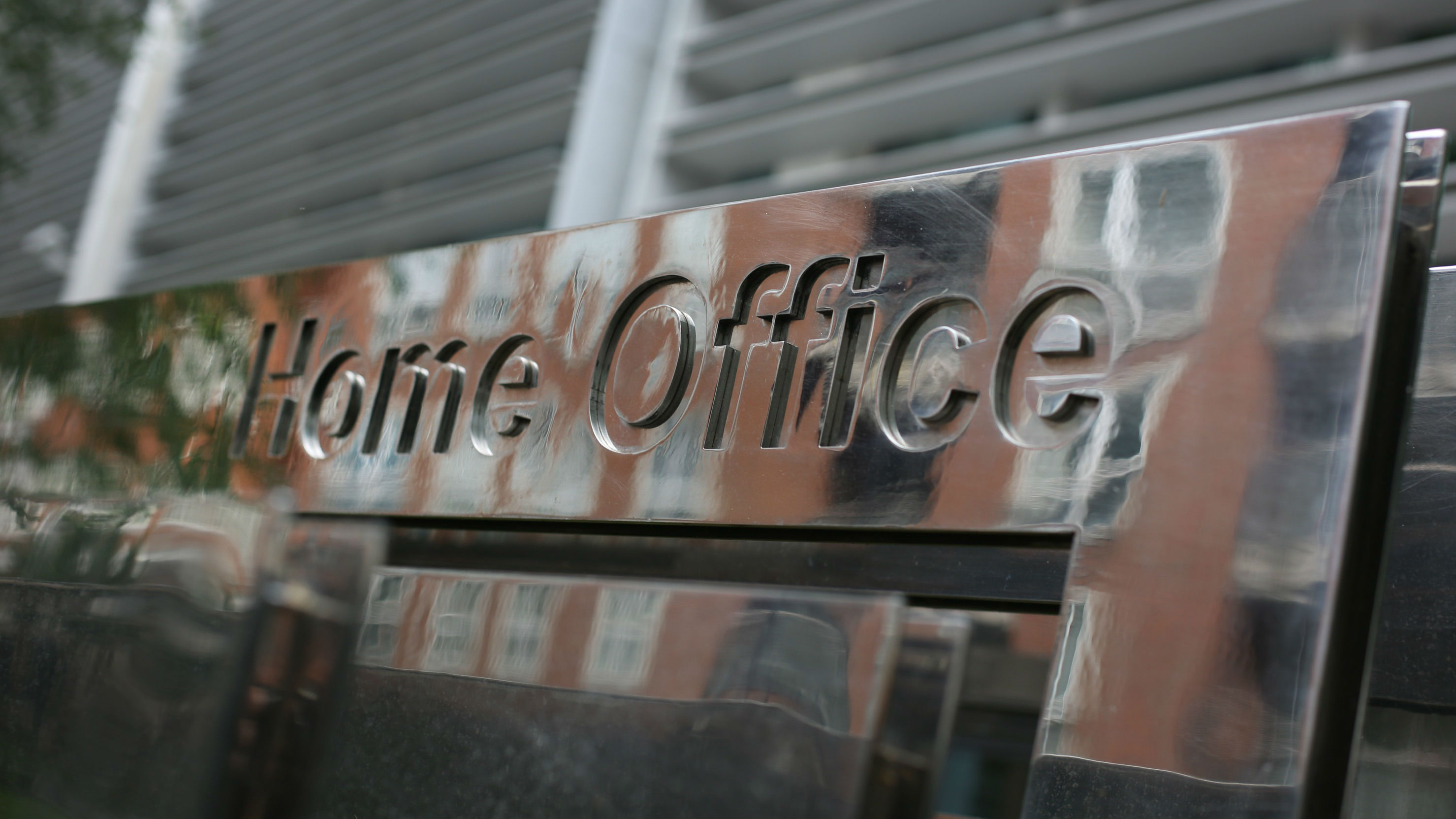 Home Office uses violent Bible verses to deny Christian asylum
Home Office uses violent Bible verses to deny Christian asylumSpeed Read Refusal letter says the passages are ‘inconsistent’ with Iranian man’s claim to have converted to ‘peaceful’ religion
-
 Five celebrities who converted to Islam
Five celebrities who converted to IslamSpeed Read Sinead O’Connor is the latest high-profile figure to become a Muslim